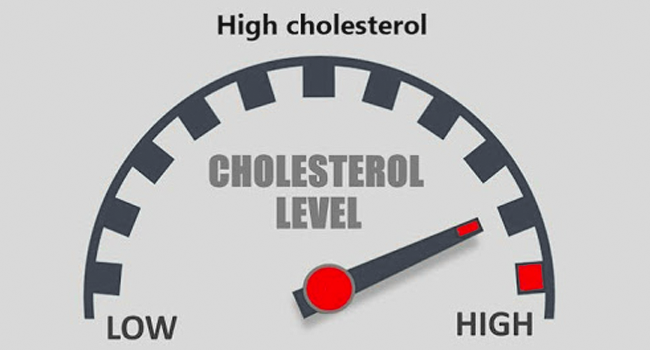
For many years, the term Cholesterol was considered a bad word. Cholesterol, in general, was thought to be bad for your health, and it believes that eating foods. That contain Cholesterol would increase your cholesterol levels. And put you at increased risks for having heart attacks and other heart disease problems.
Everyone was told to stop eating foods that contained cholesterol and to stop eating foods high in fat. Unfortunately, these statements and beliefs were a bit too generic. You see, cholesterol is actually needed by the body to promote healthy cell growth and regeneration. And there are some types of fats which are good for you, too, and also provide nutrition that our bodies need to stay healthy.
Recent advances in medical science and research, however, has helped us come to understand that there are actually good and bad types of cholesterol, as well as good and bad types of fats. Research has also shown that actually eating foods that contain cholesterol won’t necessarily cause you to have a heart attack or develop heart disease.
Good cholesterol is also known as HDL or high-density lipoprotein. Bad cholesterol, however, is known as LDL, or low-density lipoprotein. When you have too much LDL cholesterol in your body. Especially when compared with the amount of HDL cholesterol you have, you’re at a higher risk of developing heart diseases and problems.
Testing for the different types of cholesterol in your body is not yet an exact science, but generally, doctors want to see a good HDL to LDL ratio when they do tests for these specific types of cholesterol. A ratio of 5 HDL to 1 LDL is usually considered good. Unfortunately, though, not all doctors will test for the two types of cholesterol and their ratios. Instead, they rely on the old method of testing general cholesterol levels, which is an imprecise way of knowing how well your heart health actually is.
If LDL cholesterol is tested alone, however, doctors normally want to see a result of less than 100mg in some cases or 70mg in others. The difference in the levels will depend on your particular doctor because the 70mg or less recommendation is somewhat new.
You can get cholesterol from foods, both plant and animal foods, actually, but only eating foods that contain cholesterol won’t usually be the cause of harmful cholesterol levels in your body. Some new research has started showing that simple sugars and starches are more of a cause for alarm than cholesterol-containing foods because the sugar and starch foods cause a plaque build up in your blood vessels.



